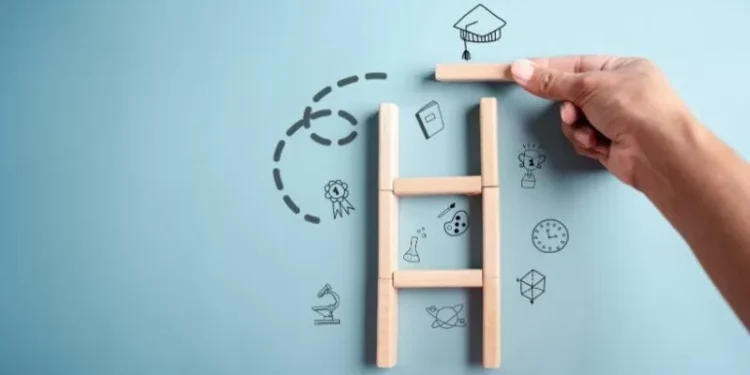Unlocking Deeper Engagement: How Educators Can Help Students Find Their Purpose
In today’s fast-paced and ever-changing world, it is more important than ever for educators to not only teach students academic subjects, but also to help them develop important life skills. One crucial aspect of this is helping students find their purpose. By defining individual purpose and creating flexible pathways for student-led goals, educators can unlock deeper engagement, build resilience, and develop thinkers prepared for the complex challenges of the world ahead.
Defining individual purpose is about helping students understand their unique strengths, passions, and values. It is about guiding them to discover what truly motivates and inspires them. When students have a clear sense of purpose, they are more engaged in their learning and are more likely to persevere through challenges. They are also better equipped to make important decisions about their future.
So, how can educators help students find their purpose? One way is by providing opportunities for self-reflection and exploration. This can be done through activities such as journaling, goal-setting, and career assessments. By encouraging students to reflect on their interests, values, and goals, educators can help them gain a better understanding of themselves and their purpose.
Another important aspect of defining individual purpose is creating a supportive and inclusive learning environment. This means acknowledging and celebrating the diversity of students’ backgrounds, experiences, and perspectives. When students feel seen and valued for who they are, they are more likely to feel a sense of belonging and purpose in the classroom.
Once students have a clear sense of their purpose, educators can then help them create flexible pathways for their goals. This means providing students with the autonomy and support to pursue their interests and passions in their own unique ways. This could involve offering a variety of learning opportunities, such as project-based learning, internships, or independent study courses.
By giving students the freedom to explore and pursue their interests, educators are not only fostering deeper engagement, but also building resilience. When students are able to take ownership of their learning and make decisions about their education, they become more self-motivated and resilient. They learn to adapt to challenges and setbacks, and to persevere in the face of obstacles.
Moreover, by creating flexible pathways for student-led goals, educators are preparing students for the complex challenges of the world ahead. In today’s rapidly changing job market, it is essential for students to have the skills and mindset to navigate uncertainty and adapt to new situations. By encouraging students to pursue their passions and take ownership of their learning, educators are equipping them with the necessary skills to thrive in an ever-evolving world.
In conclusion, defining individual purpose and creating flexible pathways for student-led goals is crucial for unlocking deeper engagement, building resilience, and developing thinkers prepared for the complex challenges of the world ahead. As educators, it is our responsibility to not only teach academic subjects, but also to help students discover their purpose and reach their full potential. By doing so, we are not only shaping the future of our students, but also the future of our world.
This post was first published on eLearning Industry.






